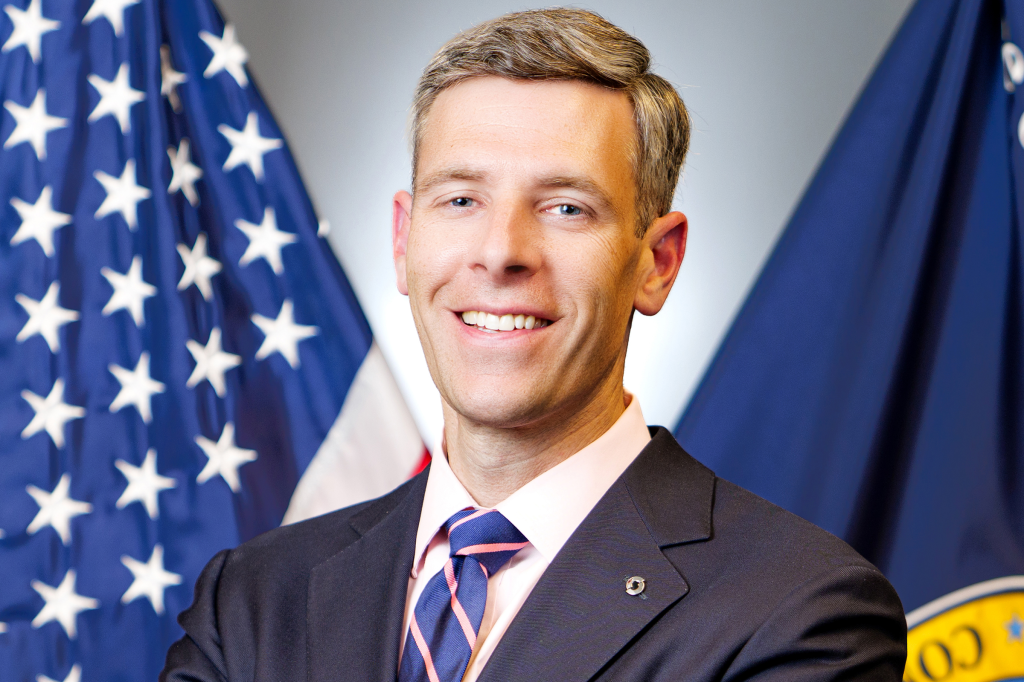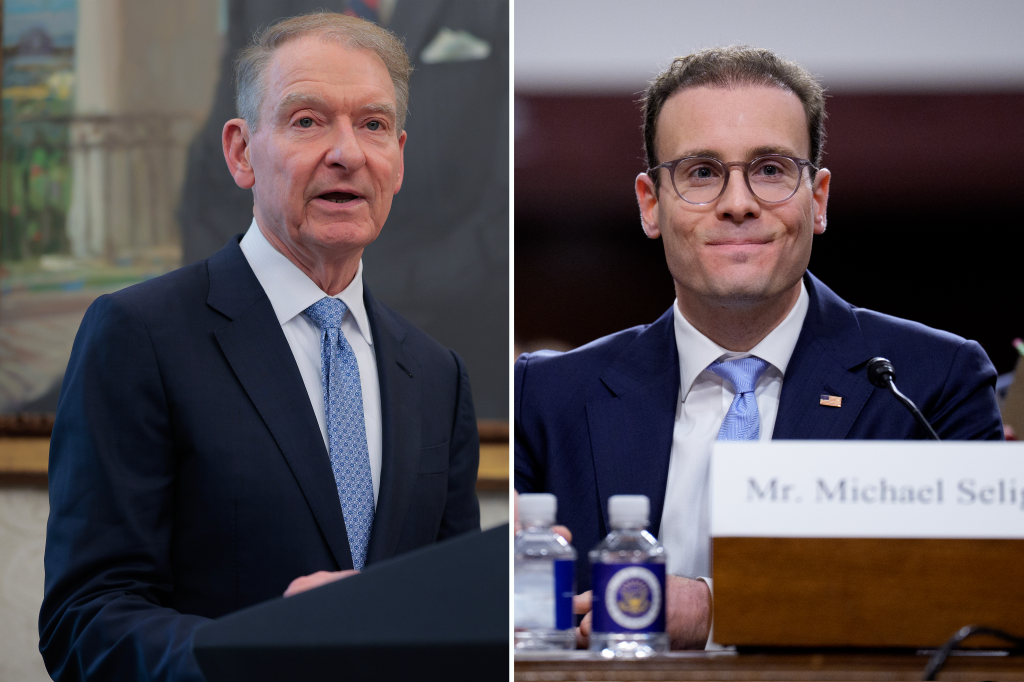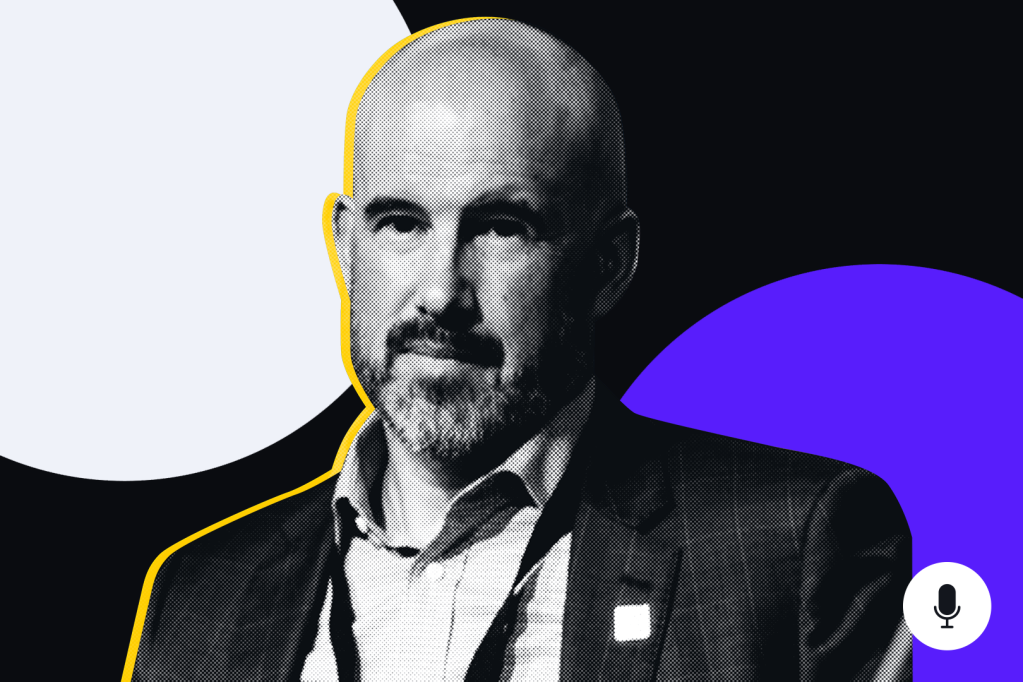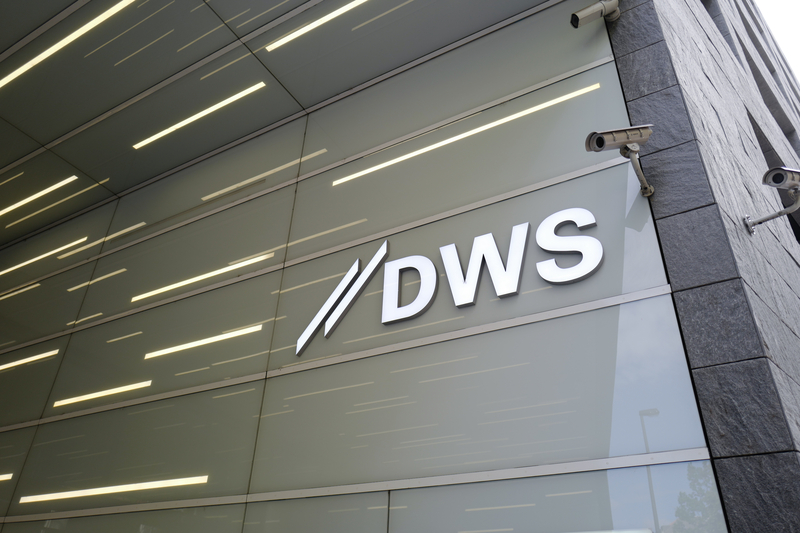Deutsche Bank’s asset management arm, DWS Group, has been hit with a historically high €25m ($27m) fine by the Frankfurt Public Prosecutor’s office after being accused of extensive greenwashing. The penalty marks the culmination of a multi-year joint investigation with the Federal Criminal Police Office in Wiesbaden.
The prosecutor’s office
Register for free to keep reading
To continue reading this article and unlock full access to GRIP, register now. You’ll enjoy free access to all content until our subscription service launches in early 2026.
- Unlimited access to industry insights
- Stay on top of key rules and regulatory changes with our Rules Navigator
- Ad-free experience with no distractions
- Regular podcasts from trusted external experts
- Fresh compliance and regulatory content every day













